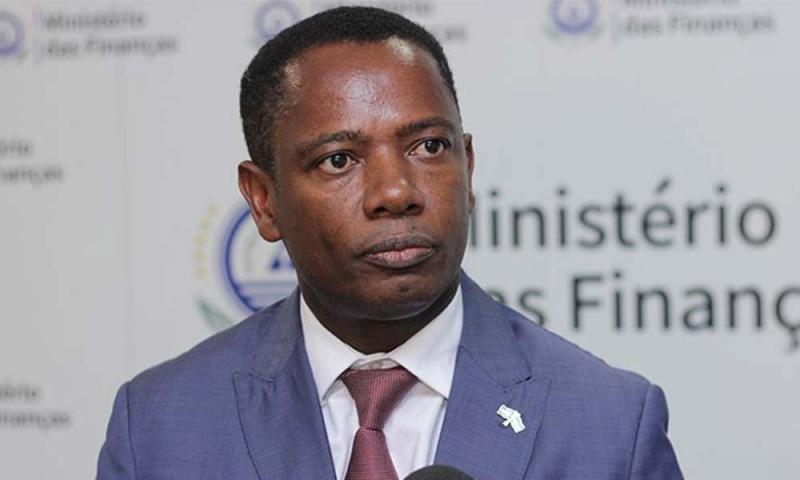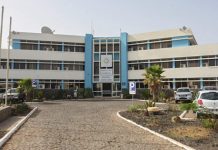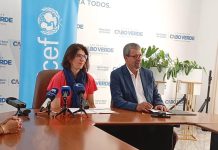Africa-Press – Cape verde. The Minister of Finance defended today that it is “fundamental” to convert the debt of small island states into climate investment, which in the Cape Verdean case has Portuguese support and the interest of Angola.
According to Olavo Correia, the country is taking the topic to the annual meetings of the African Development Bank (ADB), which are taking place until Friday in Nairobi, Kenya.
“It is essential that creditor countries look at the specificities and vulnerabilities of small island states, which is why we want to put the issue of converting debt into climate investment on the agenda”, he explained, in an interview with Lusa on the sidelines of the ADB meetings, at Kenyan capital.
“We started talking to Portugal, Angola also wants to join, we want to mobilize other partners so that we can have an envelope that is important to attract private investment to Cape Verde in the climate area, but above all to convert the liability, which is debt, into an asset , which is an investment in the climate, creating well-paid jobs for our young people”, added the government official.
Investments that later, he explained, allow for promoting access to energy, water, sanitation, “not only continued, but at a much more affordable price for citizens and companies”.
“Because it is also a very important element: reducing context costs and improving the capacity to create jobs by national private companies, in the diaspora, but also foreign companies that want to invest in Africa, invest in Cape Verde”, he argued.
More than 3,000 economists, politicians, government officials and experts participate in these annual ADB meetings, where the need to reform international financial institutions to develop the continent will be debated until Friday, with the institution’s priority in leading the “challenge to reform the world’s financial institutions”.
The ADB Group is the main African development financing institution and meets in Nairobi with the aim of discussing “The Transformation of Africa, the African Development Bank Group and the Reform of the Global Financial Architecture”.
“These are important issues that are on the agenda and what happens is that the private sector will have to play an increased role in this new approach, because in the face of the colossal challenges with which we are faced, in the face of the need to respond urgently, public media cannot that’s enough. Therefore, if it is possible to respond by mobilizing private means, private financing and also public-private partnerships in addition to concessional financing and also the resources that we can mobilize in our countries”, pointed out Olavo Correia.
To achieve this, he argued, African countries must present “good governance, transparency, institutions, regulation, trust, predictability”, so that “the markets also respond in terms of attracting private investment”.
“But above all, how can we support not only large companies, but also the African and Cape Verdean economic system, Micro Small and Medium Enterprises (MSME) that need a risk sharing system so that they can have access to financing to be able to undertake. And today, in Africa, we do not have a financial system adapted for MSMEs. The ADB must also come in to help,” he said, pointing out the role of Africa’s largest financial institution as well “in governance.”
“So that, together with large companies, we can have a strong economic fabric in Africa and a strong one in Cape Verde to create qualified jobs”, he defended.
For More News And Analysis About Cape verde Follow Africa-Press






